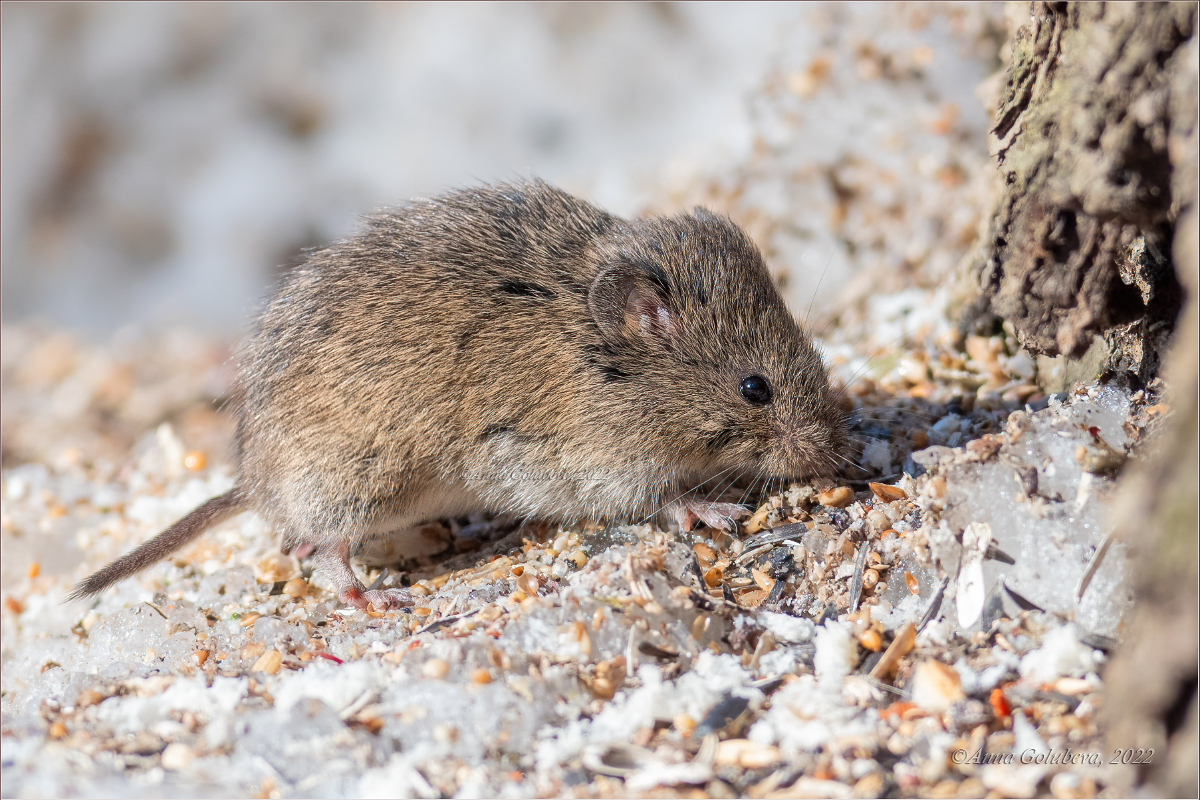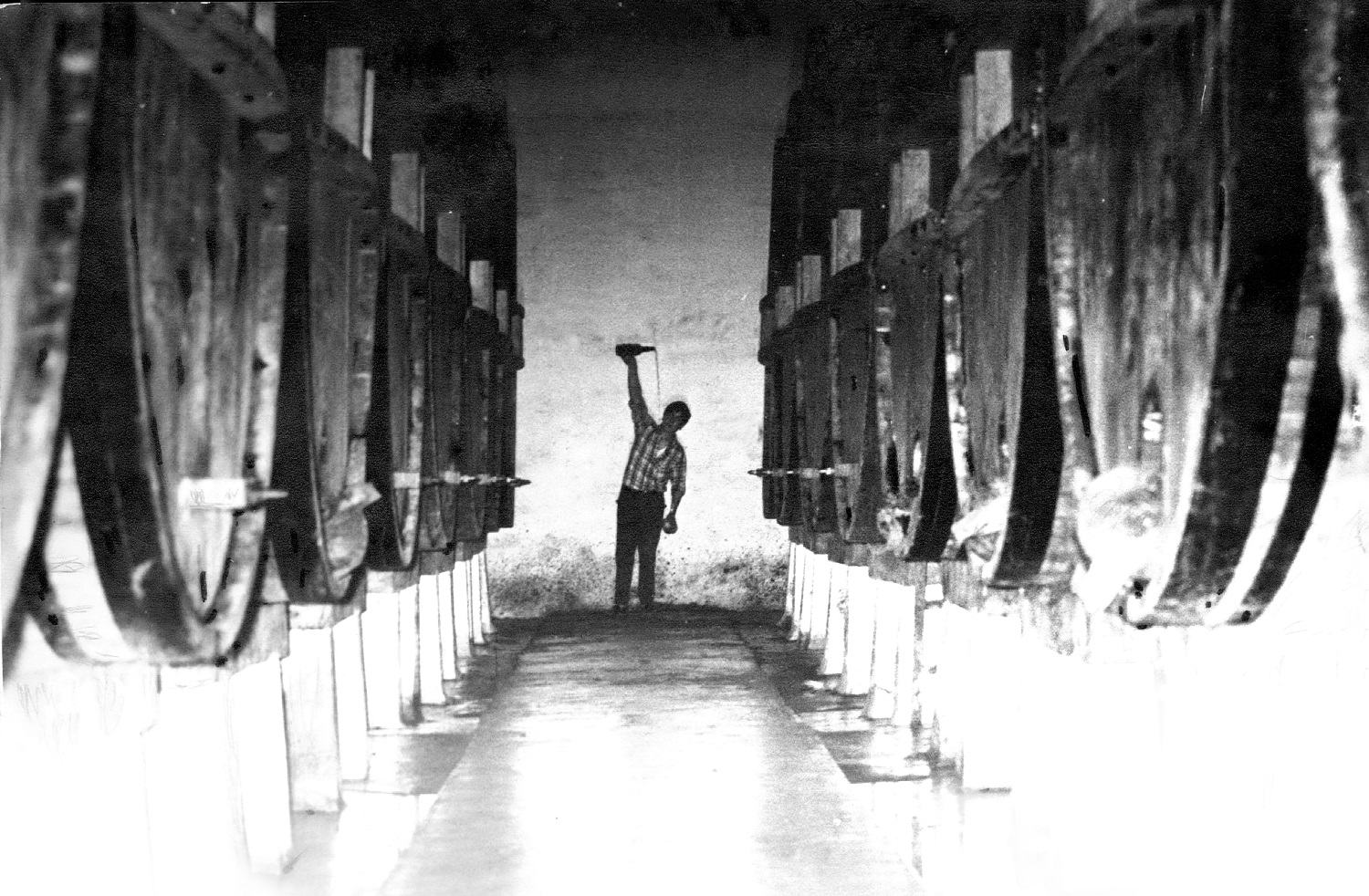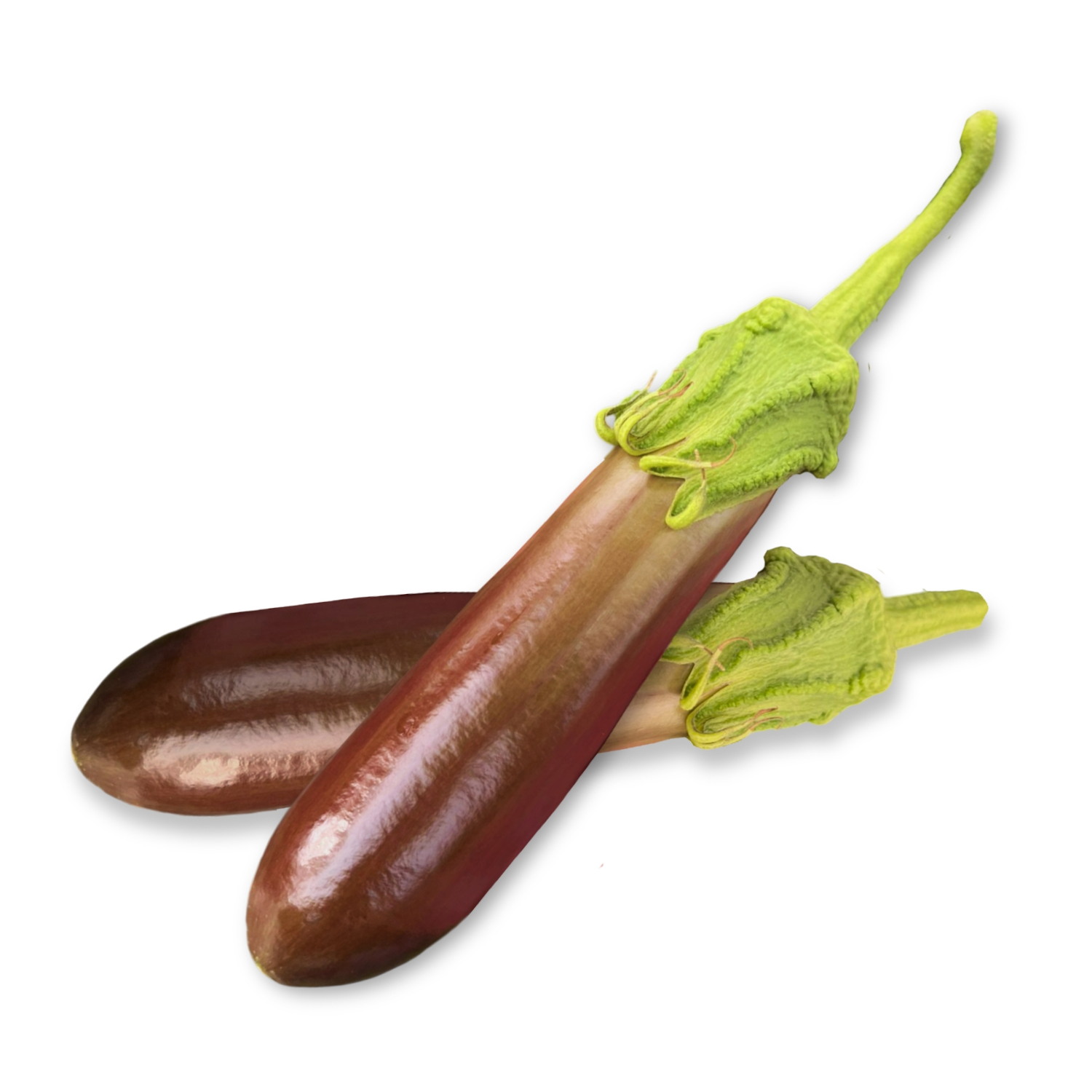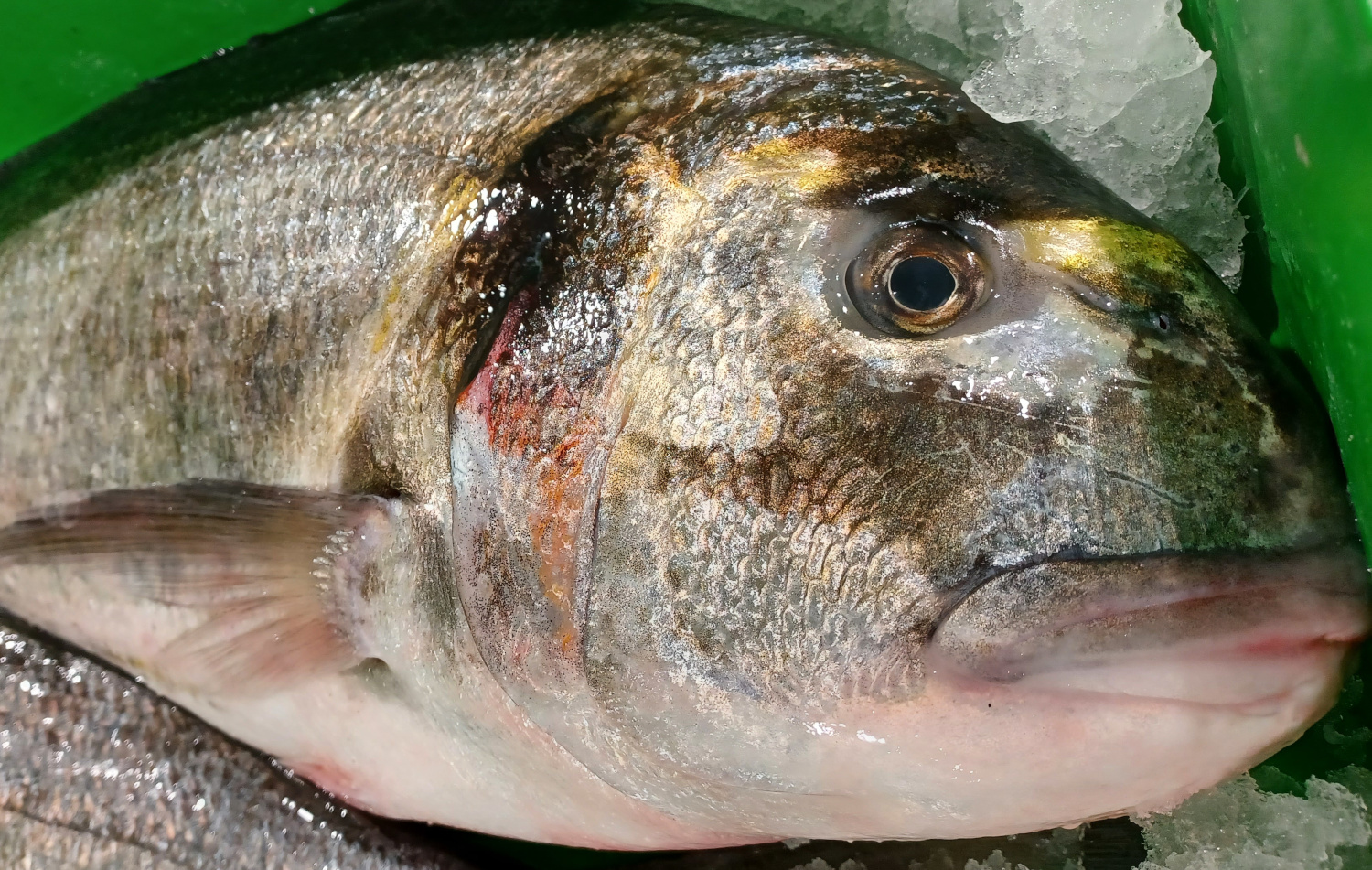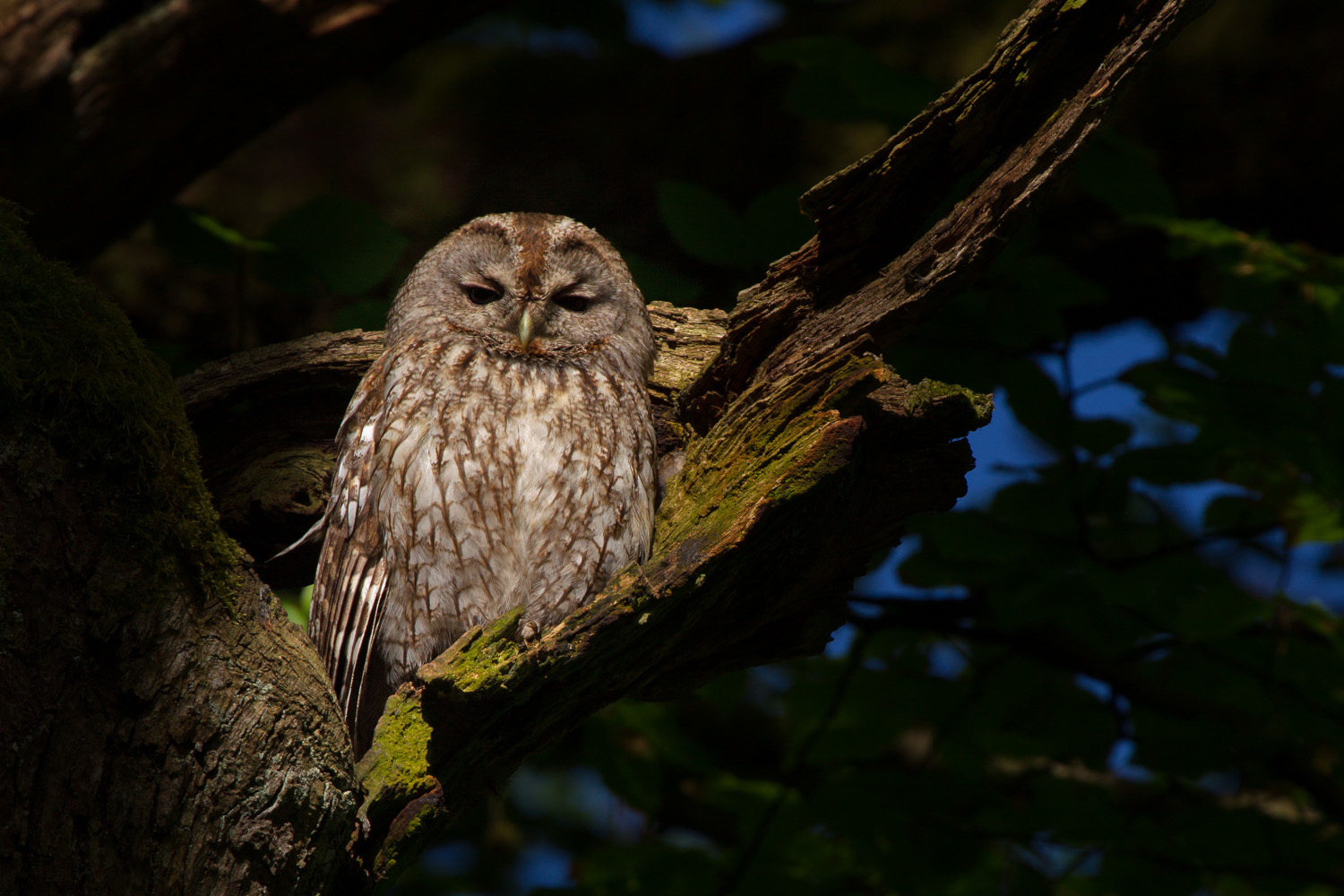Hoonza for home and neck
- It scares the devil; the fame of obese or peony (Paeonia officinalis) comes from the times of Bizantzio. Everyone has our demons, at least they would need a thick plant. I have three, which is more beautiful. Now they are in full splendor, they deploy some striking large flowers that are perfectly visible and flee from afar.

They are the flowers I like most at this time of the year: their colors, shapes and odor. Some find it a bad smell, but a machine has been aromatized with the intention of simulating that of its flowers to lift the collars. And the smell of the peony flower is silent, it has vapor. You can't extract the perfume from the flower until today. Obtaining perfume from sweat flowers has been a constant on the agenda of the old perfumers. They're all desperate thinking that their formulas are unique and different.
The petals of the flower have been used as a dye until the day before yesterday; the jams and liquors with the color that these petals gave were not cheap.
It's a great curvilinear. His name also comes from there: Paeonia. Agi Danean, Paeos comes from the mythological physician, who with this plant cured Pluto and other gods from the wounds of the Trojan war. Leaves, flowers, but especially roots. It has thick roots, large food reserves, hence, of course, the name “logs.” Thanks to the removal of these roots, the spring is renewed. There is a superstition which comes from the gods and which is renewed as a result of the granting of the moon, and which shines at night, thus protecting crops, animals and pastors. These roots should not be removed by the peony's friend; the custom was to remove the covering soil, tightly attach a cord and remove it by pulling it from the dog. In that, we also have a tendency to avoid responsibilities like ours, the human, the male, and blame the dog.
The fillets and seeds of the roots were flown in a yarn and dressed as collars or collars to fight the disease. The children also took them to stimulate teething and relieve pain. Greetings for greetings in our country: by the end of July the red round seeds were gathered. In China it is the flower of the state and is considered one of the most appropriate plants for women's health: menstrual pain and disorders, muscle cramps, migraine relief, etc. It is also a symbol of the old kingdom of Aragon, who would know something.
Another well-known belief is that ants to open the flower of bones should visit their flower eye or their pipilla. A myth. All kinds of insects approach the floral button to collect the nectar they secrete in the sepals of the lower, rich in lipids, amino acids and other organic components. Someone refuses to paw near the house so as not to attract ants. I agreed, in the hope that they would like the shoe more than the food they will find inside the house.
It is also called “astolilia” and “tulipa”. I think it is confused. Or?








-(1).jpg)
